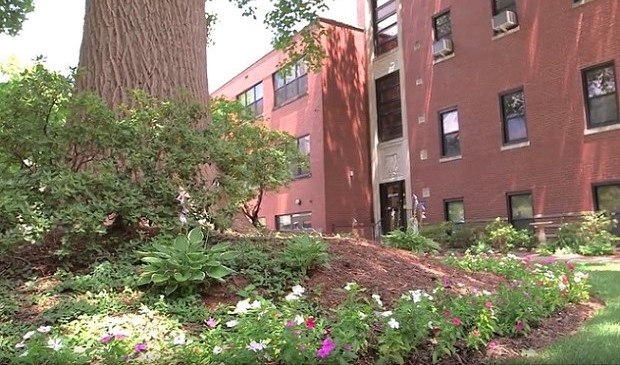
CHICAGO—Higher education leaders need to both cut costs in 2018 and keep delivering high-quality, high-tech campus experiences. An increasing number are deciding to follow a longstanding trend in corporate America and outsource their facilities management needs, and experts believe the sector's transformation has really just begun.
“Universities have been slower to outsource their non-core-business functions,” David Houck, co-leader of JLL's higher education practice, tells GlobeSt.com. These institutions, some centuries old, “are not driven by profits, and change comes slowly.” But declining revenues from tuition and public support, coupled with aging facilities and rising pension liabilities, means many schools need new ways to save. And third-party managers have the scale to run certain aspects of education far more efficiently, which allows school administrators, professors, and other staff to concentrate on their core competencies.
“They're educators, and they're there to educate their students,” adds Ron Gregory, JLL's executive vice president for higher education. “And college campuses are aging,” which further complicates the task of upkeep. But Chicago-based JLL has a facilities capital assessment program that notes the age of all equipment systems, along with the expected lifespan of each, and creates a replacement schedule that makes long-term budgeting much easier. “You don't want to wait until something is broken to fix it.”
Modern campuses, however, need more than an efficient maintenance schedule to attract students in such a competitive environment. Students today have higher standards than those in the past, says Gregory. “They don't want to live in a dorm that is seventy years old.” Living spaces need the best tech features, including connectivity, along with a host of gathering spaces that improve “the look and feel of the campus.”
These factors can decide whether a school keeps up with its competitors. Administrators all know that when prospective students narrow their choices down to a few colleges or universities, they need to point out “what differentiates their school from the one down the street,” says Gregory. And they all ask, “how do I stay ahead of the curve?”
It is hard to estimate what percentage of these institutions use specialists in facilities management. And some have just “dipped their toes in the water,” says Gregory, by hiring experts to handle things like landscaping or janitorial duties. But he does expect rapid growth in the use of outside managers, especially at middle-tier schools.
“Those are the ones that ask, 'where is my money coming from?'” Big state universities, by contrast, have major sports programs that draw fans and generate income, which they can use to fund capital programs. Smaller schools, however, have fewer sources of revenue, and “you can't continue to raise tuition. They need to find ways to drive more savings.”
That's especially true for schools with ambitious plans. Bowling Green State University and JLL, for example, have launched a $200 million master plan to renovate, construct, demolish or significantly upgrade more than a dozen buildings across its campus in Bowling Green, OH, just south of Toledo.
JLL and BGSU finished the first step of this campus-wide transformation in 2011 by delivering more than 1,300 new beds in student resident halls and completing two new standalone dining centers. The pair now aim to incorporate high-tech tools into the school's new teaching spaces, which will also provide a wide variety of environments that help foster collaboration, instead of simple classrooms where students learn almost exclusively by taking notes.
“Students, faculty and administrators alike want their campuses to be sustainable, tech-friendly, vibrant communities,” says Houck. “As we look ahead to 2018, one thing is certain: colleges and universities are looking for creative solutions and partnerships to help realize their goals for the student experience and campus transformation.”
© Touchpoint Markets, All Rights Reserved. Request academic re-use from www.copyright.com. All other uses, submit a request to [email protected]. For more inforrmation visit Asset & Logo Licensing.







